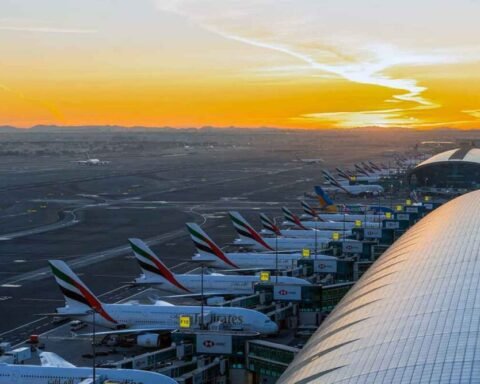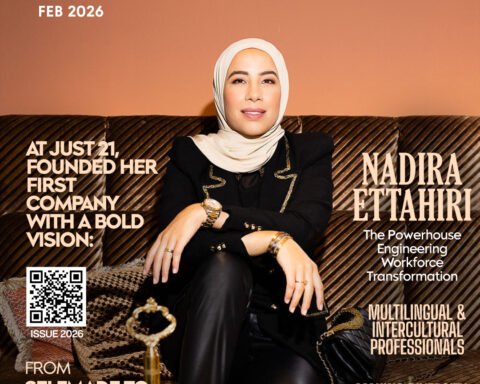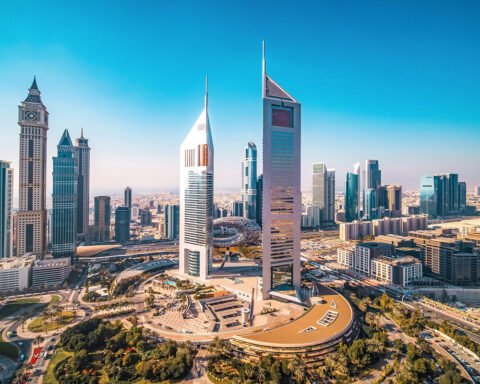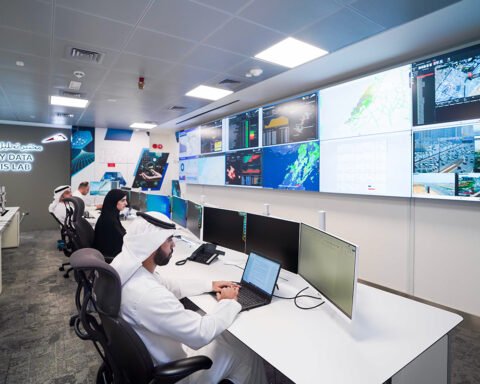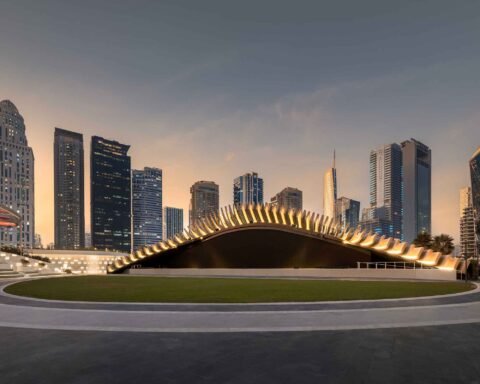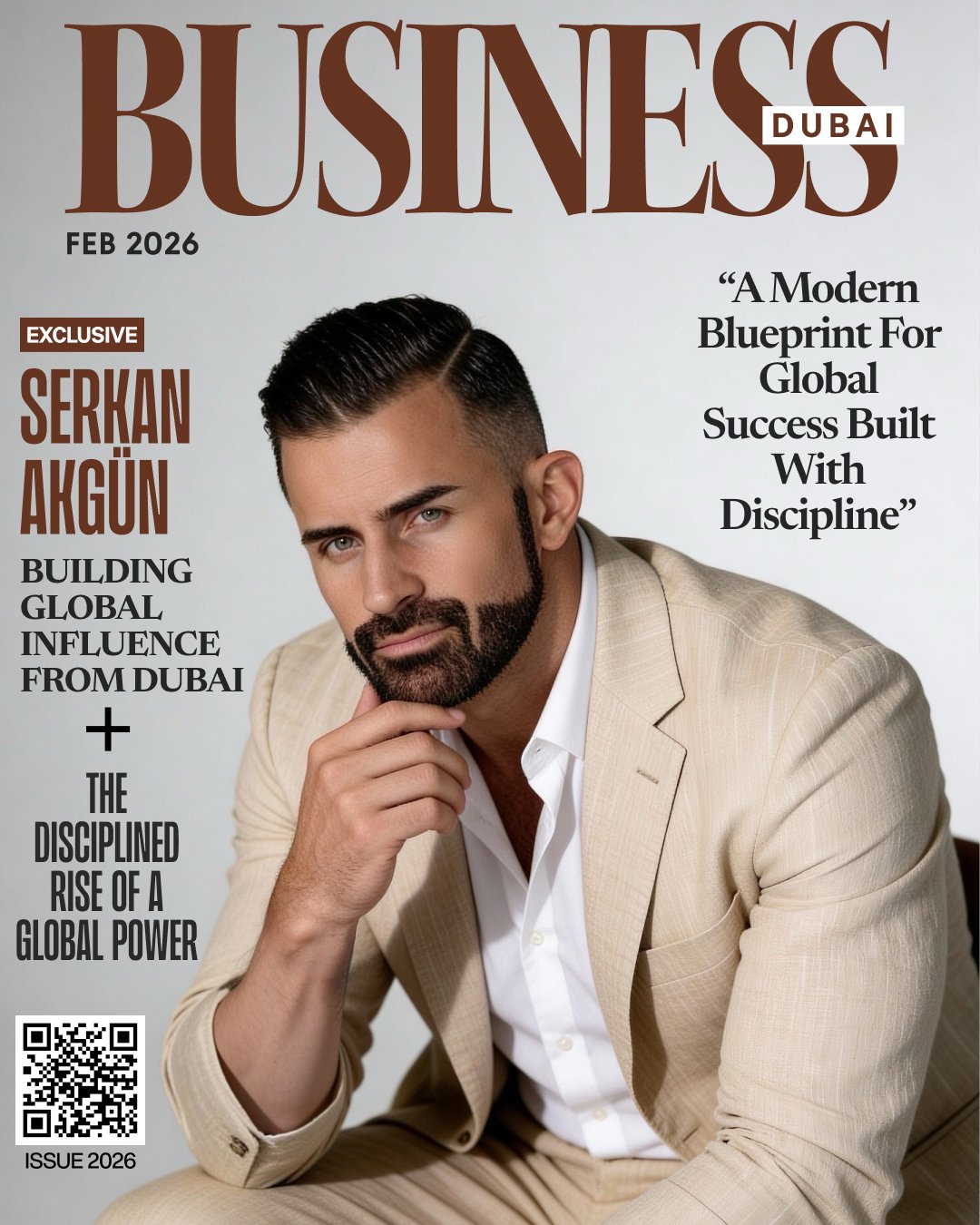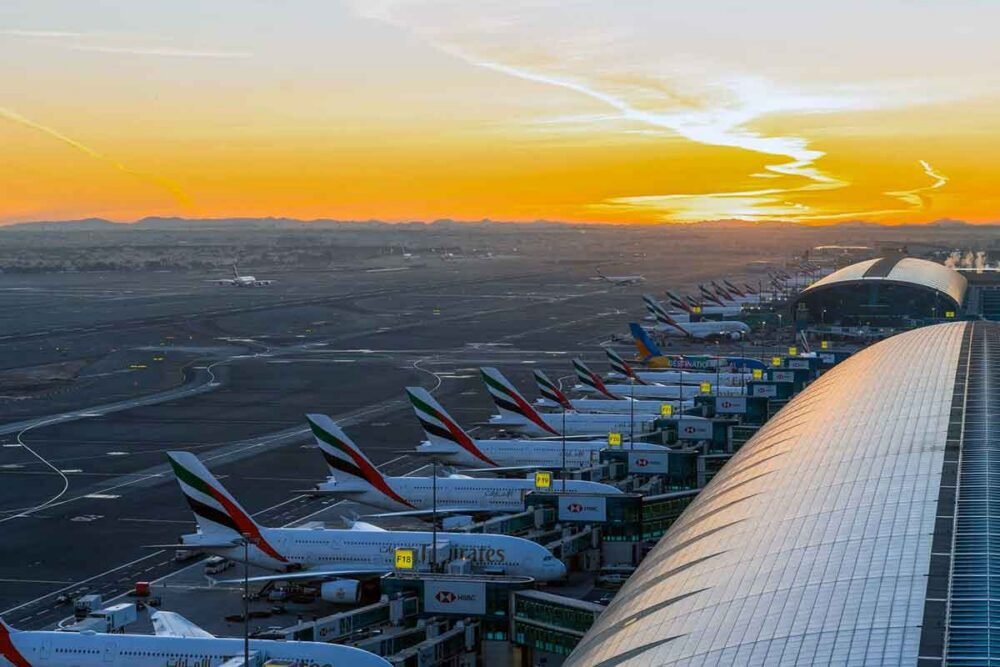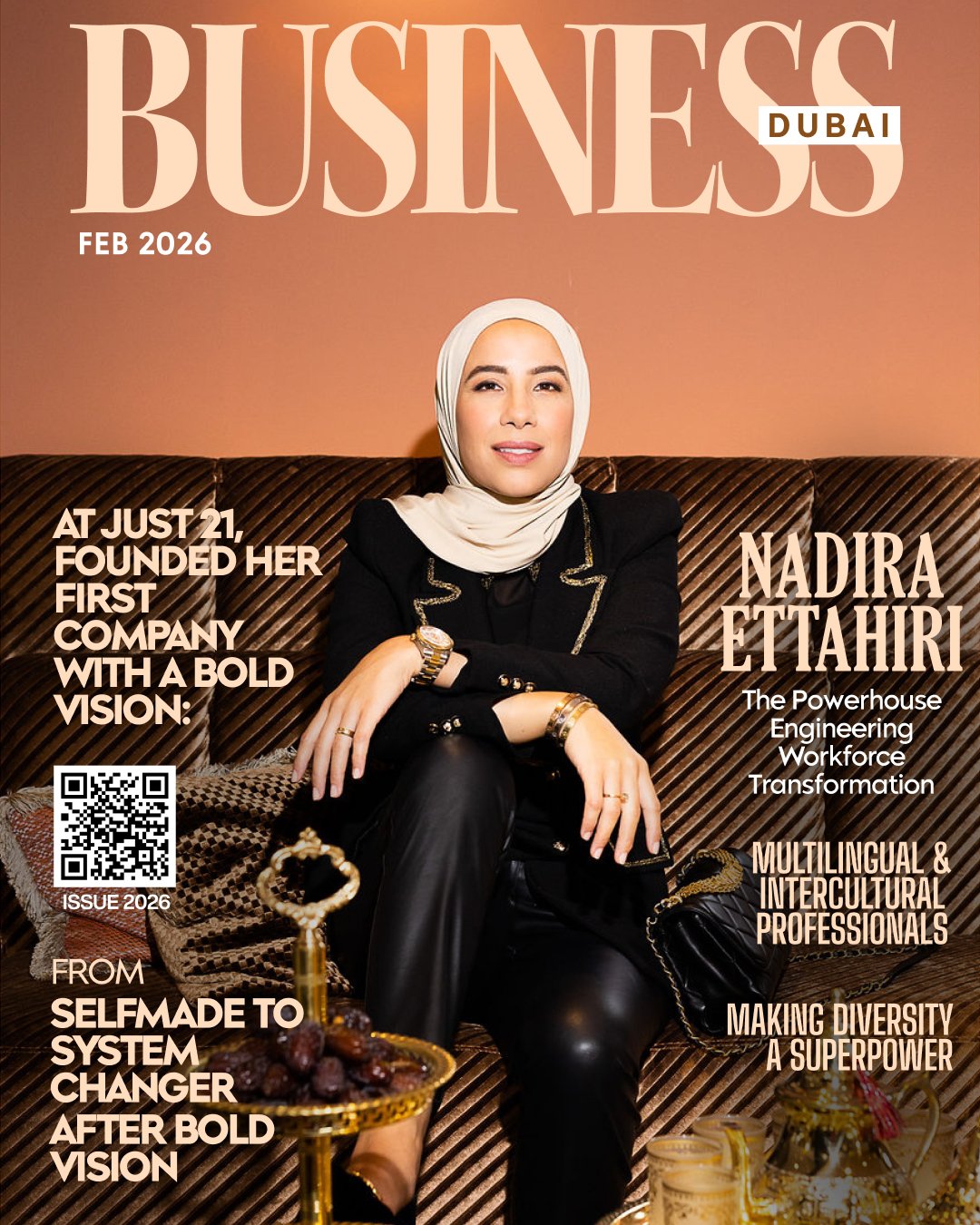
Return from Dubai Equities Remains on Solid Ground
Dubai’s Market Resilience: Solid Returns Despite Global Headwinds
by Allen Cot
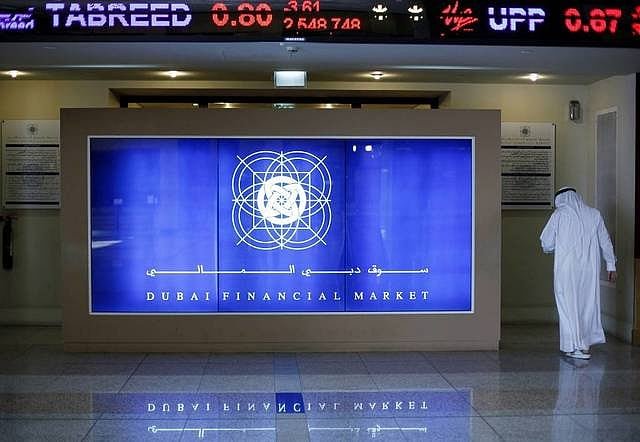
Despite a Market Dip, Dubai’s Equity Benchmark Demonstrates Resilience and Strong Long-Term Gains
The Dubai Financial Market (DFM) General Index has proven its strength despite experiencing its first decline in ten months. Over the past three years, the index has delivered an impressive total return of 65 percent, outperforming its regional peers, according to data from Bloomberg Index Functions.
Market Trends and Performance
In March 2025, the DFM General Index witnessed a 4.2 percent decline, closing at 5,096.24 points. This marks the largest drop among GCC markets, bringing its year-to-date performance to -1.2 percent. The downturn aligns with the broader bearish trends seen in global markets, reflecting investor caution and profit-taking amid ongoing economic uncertainties.
Sector-wise, seven out of eight indices recorded declines. The financial sector suffered the most, falling 7.6 percent, followed closely by the consumer discretionary index, which dropped 7.3 percent. National International Holding bore the brunt of this downturn, with a steep 20.8 percent decrease in share value, while Ekttitab saw a 12.6 percent drop. National International Holding also reported a decline in net profit from $7.5 million in FY-2023 to $5.3 million in FY-2024.
Bright Spots in the Market
Amidst the broader decline, the materials index stood out, posting a remarkable gain of 29.8 percent. This surge was primarily driven by National Cement Company’s share price, which also rose by 29.8 percent, supported by strong financial results. The company reported a 120 percent year-over-year growth in operating profits, reaching Dh134.9 million, reflecting robust demand in the real construction sector.
Key Market Movers
Investor sentiment towards heavyweight stocks such as Emirates NBD and Emaar Development played a significant role in the March decline. Emirates NBD fell 4.25 percent, while Emaar Development dropped 5 percent, as investors opted to trim their positions amid market volatility.
According to Arun Leslie John, Chief Market Analyst at Century Financial, the banking sector’s performance has been affected by rising expenditures and a slowdown in non-interest income. “Investors often look at stabilisation and growth from this segment, especially during times of falling interest rate expectations,” John noted.
Trading Activity Decline
Trading activity on the DFM saw a significant dip in March. Total traded volume dropped 21.4 percent, reaching 3.6 billion shares compared to February’s 4.6 billion. Similarly, the total value of traded shares fell by 21.3 percent, amounting to Dh11.3 billion in March.
Union Properties led the trading volume chart with 620.3 million shares exchanged, followed by Drake & Scull International and Talabat Holding PLC, which recorded 538.4 million and 287.9 million shares traded, respectively. In terms of value, Emaar Properties topped the list with Dh3.5 billion worth of shares traded, followed by Emaar Development and Dubai Islamic Bank at Dh1.4 billion and Dh1.1 billion, respectively.
Real Estate Market Resilience
Despite equity market fluctuations, Dubai’s real estate sector continues to perform exceptionally well. February saw a surge in sales volumes, property prices, and investor activity, reinforcing the emirate’s position as a leading global investment destination. The sector’s growth is underpinned by Dubai’s expanding economy, increasing population, and strategic government initiatives.
Abu Dhabi and GCC Market Trends
Elsewhere in the UAE, the FTSE ADX Index recorded its second consecutive monthly decline in March, dropping 2 percent to close at 9,368.81 points. The year-to-date performance for 2025 now stands at -0.5 percent. Eight out of ten sector indices declined, with the consumer discretionary sector taking the largest hit at -8.2 percent. Fertiglobe’s net earnings fell sharply from $348.9 million in FY-2023 to $159.9 million in FY-2024, contributing to the basic materials index’s 8 percent decline. However, the utilities index emerged as the best performer, surging 15.5 percent, led by Abu Dhabi National Energy Co.
In the broader GCC region, the MSCI GCC index declined marginally by 0.4 percent in March, reflecting global uncertainties. Global equity markets remained under pressure due to concerns over U.S. trade policies and an expected economic slowdown, further influencing investor sentiment.
Outlook and Investor Sentiment
Dubai’s equity market remains attractive to global investors due to its diversified economy and robust consumption-driven growth. However, market watchers anticipate a possible slowdown in real estate price growth, with expectations of low double-digit gains for 2025.
John notes that profit-taking may continue after the three-year rally. “While Dubai remains a preferred choice for global investors, more profit booking is likely as investors look to capitalise on recent market gains,” he said.
Despite short-term volatility, Dubai’s equities market retains strong long-term fundamentals, and its status as a global financial hub continues to attract capital and investment.
Post Views: 724



